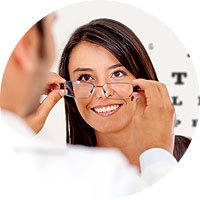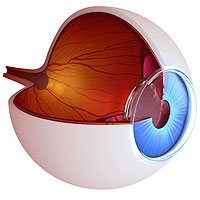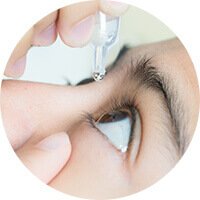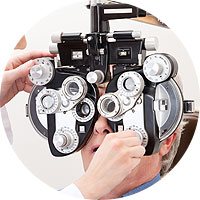Your eyes are among the most important organs in your body. A healthy pair of eyes plays a huge role in your everyday activities and quality of life.
They allow you to see, letting you navigate your way through the world with ease. With the help of comprehensive eye exams, you can protect your eye and vision health and maintain a good quality of life.
Keep reading to learn more about what a comprehensive eye exam is and what to expect when you have one!
What is a Comprehensive Eye Exam?
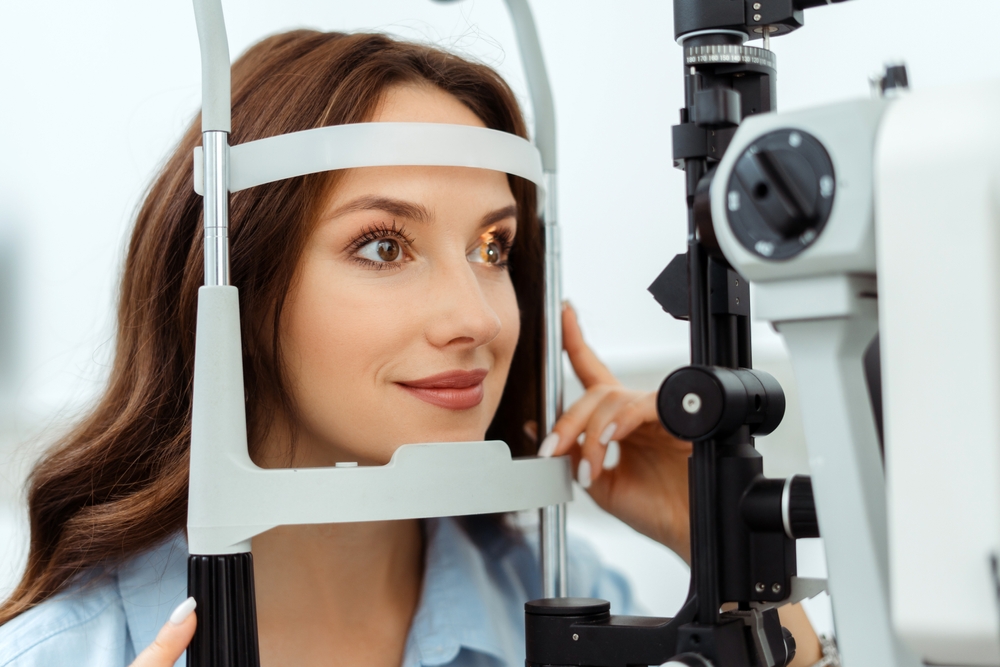
A comprehensive eye exam is a detailed assessment of your vision and eye health. It involves a series of tests that help determine your visual acuity and uncover any eye signs of potential or existing eye conditions.
After completing your eye exam and reviewing the results, your eye doctor can recommend the best solutions for your individual needs.
Based on the findings, this may include a contact lens or glasses prescription, specific treatment for an eye condition, or recommendations for lifestyle changes to promote healthy eyes.
Is it time for you to have a comprehensive eye exam?
What to Expect During a Comprehensive Eye Exam?
You might not realize you have any issues, as many eye conditions don’t have early warning signs. That’s why comprehensive eye exams are vital.
Your eye doctor will run various tests using specialized equipment to get a comprehensive view of your vision and eye health. What’s covered in a comprehensive eye examination tends to vary from patient to patient.
Here are some of the parts of a typical eye exam:
Patient History
The beginning of an eye exam usually starts with patient history. Before going for your exam, it’s a good idea to list all your medications, what time you take them, and their dosages.
It also helps to write down your family history. That way, you’ll not leave any information out.
If you wear prescription glasses or contact lenses, be sure to bring those to your appointment. Your eye doctor will want to know the type of visual aids you’re presently using.
Your eye doctor can ask questions about the following:
- Your family history
- Your home conditions
- Your lifestyle
- The nature of your work
- Your previous medical history
- Medications you could be currently taking
- Any present concerns or symptoms you may have
Patient history is an essential part of any comprehensive eye exam. It helps your eye doctor understand your eye and overall health and pinpoint risk factors for certain eye conditions.
Additionally, many medications and conditions can affect your eye and vision health. The details you provide can shape preventative measures essential for strong, healthy eyes.
Visual Acuity Test
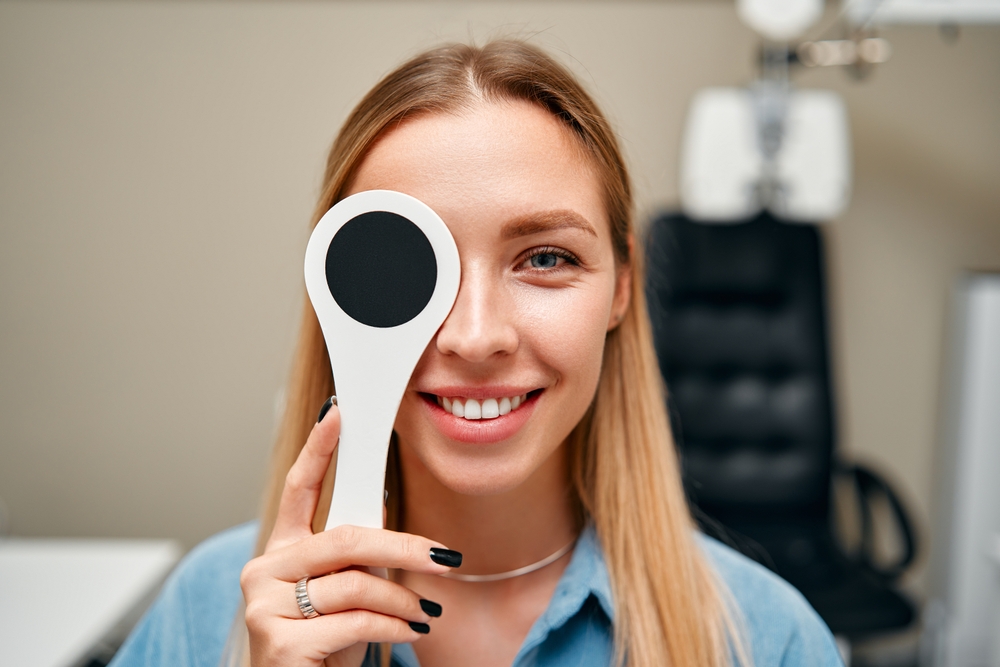
An acuity test measures how sharp your vision is at various distances. During this test, you’ll sit twenty feet away from an eye chart with rows of letters in different sizes.
The letters on each line get progressively smaller as you move down the chart. Your eye doctor will then ask you to cover each eye at a time.
You’ll use the other one to read the letters going down the chart until you can’t distinguish the letters. The results will tell your eye doctor how clearly you can see and whether you need prescription glasses or contact lenses.
Refraction Test
If your eye doctor determines you could benefit from prescription lenses, you’ll undergo refraction testing. The test enables your eye doctor to figure out your exact prescription for glasses.
During your refraction test, you’ll look into a device called a phoropter that contains many lenses with different prescriptions. The machine resembles a huge pair of metal glasses.
Your eye doctor will flip back and forth between lenses, asking you which lens improves your vision and which one doesn’t. They’ll then choose the lens that offers the sharpest, clearest vision.
Is it time for you to have a comprehensive eye exam?
Eye Muscle Testing
The cover test is a common method eye doctors use to see how well your eye’s muscles work together. For this test, you’ll look at a small object at a distance.
Your eye doctor will then cover and uncover each eye while you focus on the object to observe your eye movement. You’ll repeat the test while staring at a nearby object.
The test can identify an eye condition known as strabismus. Strabismus or crossed eyes is a condition where your eyes are not lined up properly.
Instead, the eyes cross or wander to one side. One eye can also be lower or higher than the other.
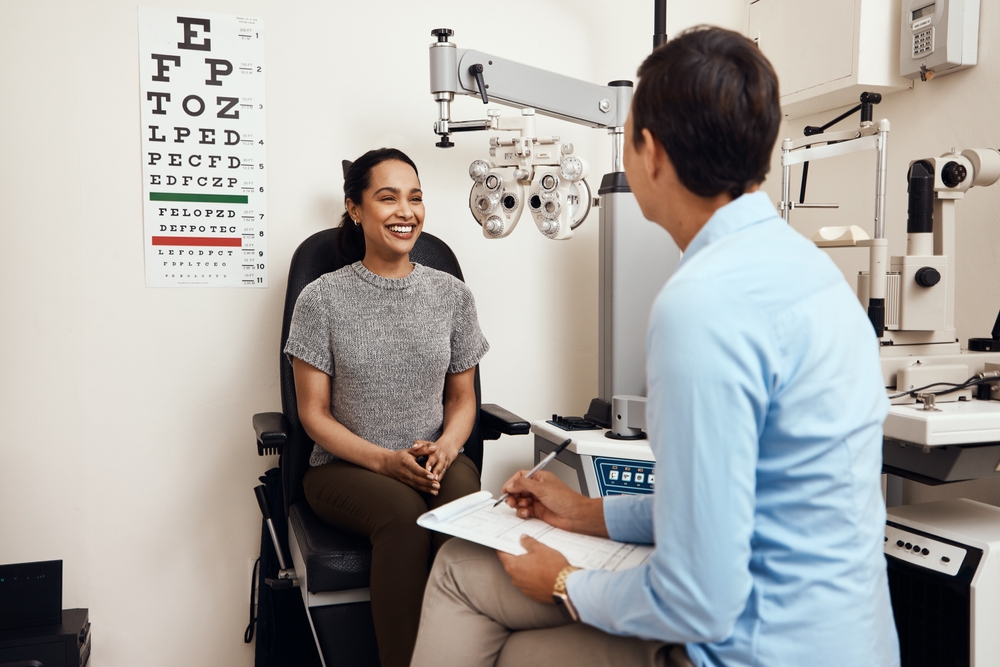
A cover test can also indicate an issue that could cause eye strain or lazy eye.
Visual Field Test
In a visual field test, you’ll look straight ahead at a central point. Your eye doctor will then ask you to say when you can see objects appearing in your side or peripheral vision.
The test helps your ophthalmologist check for blind spots. Blind spots in your peripheral vision could be an indication of glaucoma.
The Slit Lamp Exam
A slit lamp is a special device that lights up and magnifies the internal structures of your eye. For this test, your optometrist will begin by checking the structures at the front of your eye, like the eyelashes, eyelids, sclera, cornea, conjunctiva, lens, and iris, searching for signs of certain eye conditions.
When your eye doctor dilates your eyes using special drops, they can also examine your optic nerve and retina in detail. The slit lamp test helps detect a range of eye conditions, including conjunctivitis, corneal ulcers, corneal abrasions, cataracts, macular degeneration, diabetic retinopathy, a retinal tear, or a retinal detachment.
Enjoy a Lifetime of Clear Vision with Comprehensive Eye Exams
Comprehensive eye exams at Eye Care Specialists can help you maintain a lifetime of the best possible vision. Our experienced eye doctors and state-of-the-art equipment will ensure you undergo a thorough examination and receive premier eye care.
Is it time for you to have a comprehensive eye exam? Schedule an appointment at Eye Care Specialists in Berwick, Bloomsburg, Dallas, Hazelton, Kingston, Nanticoke, or West Pittston, PA, today!











